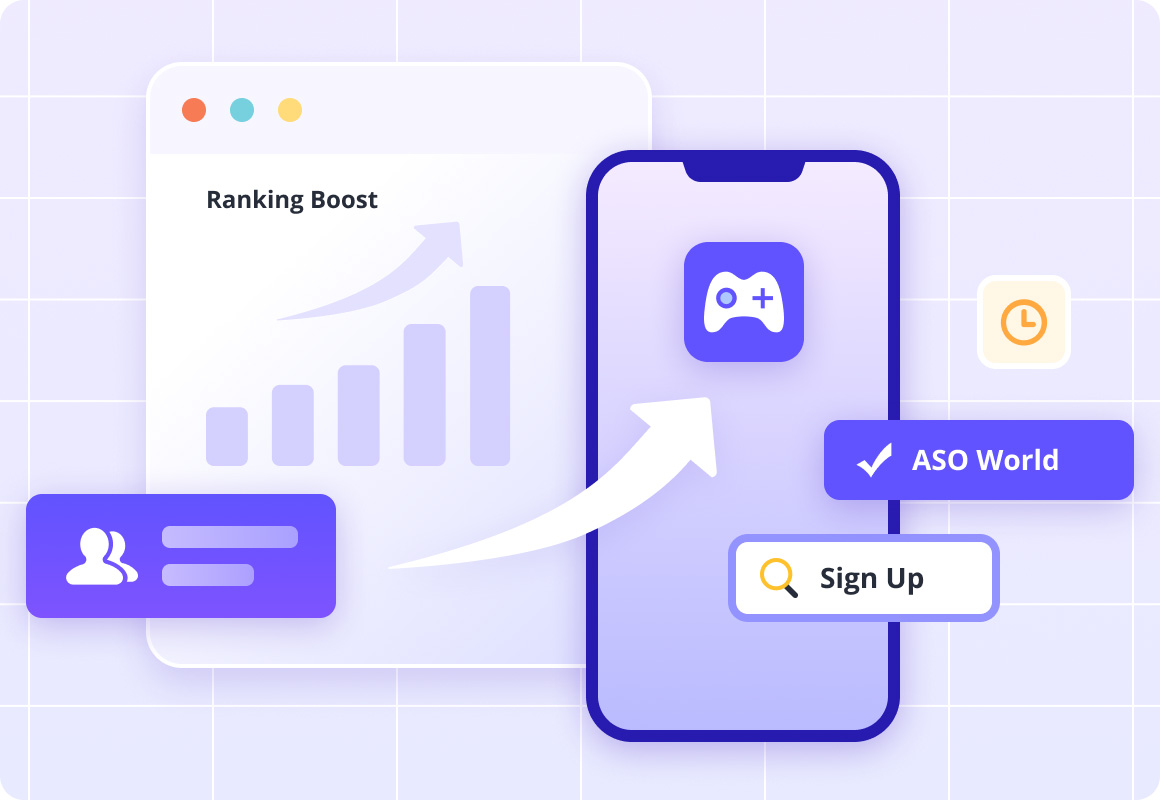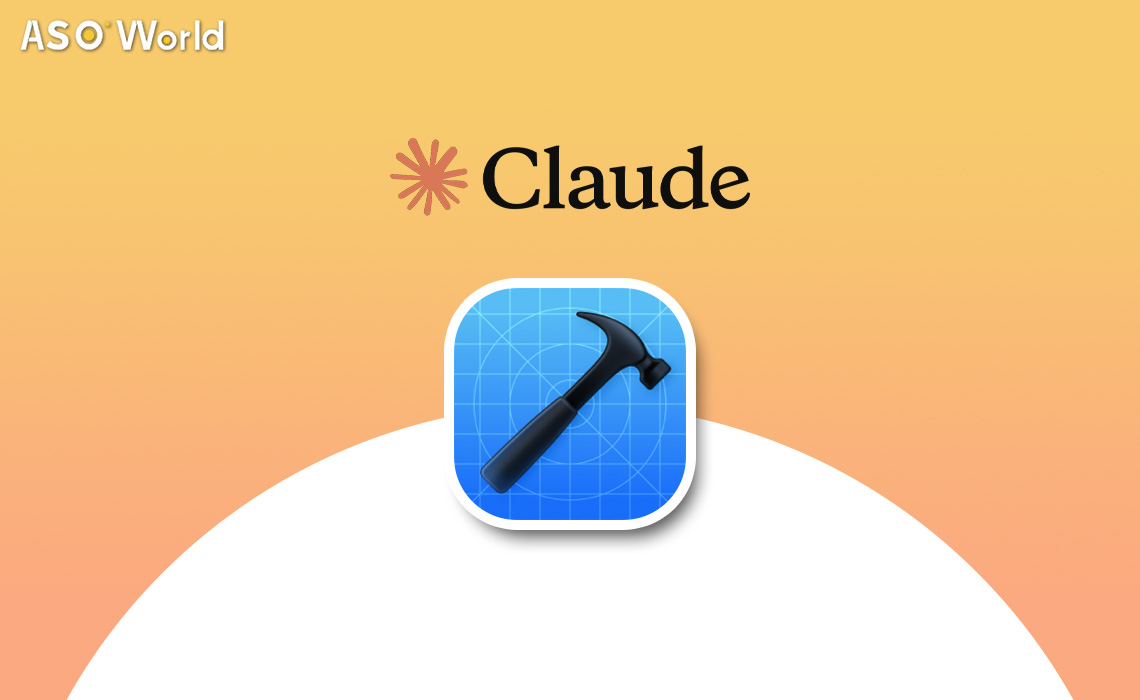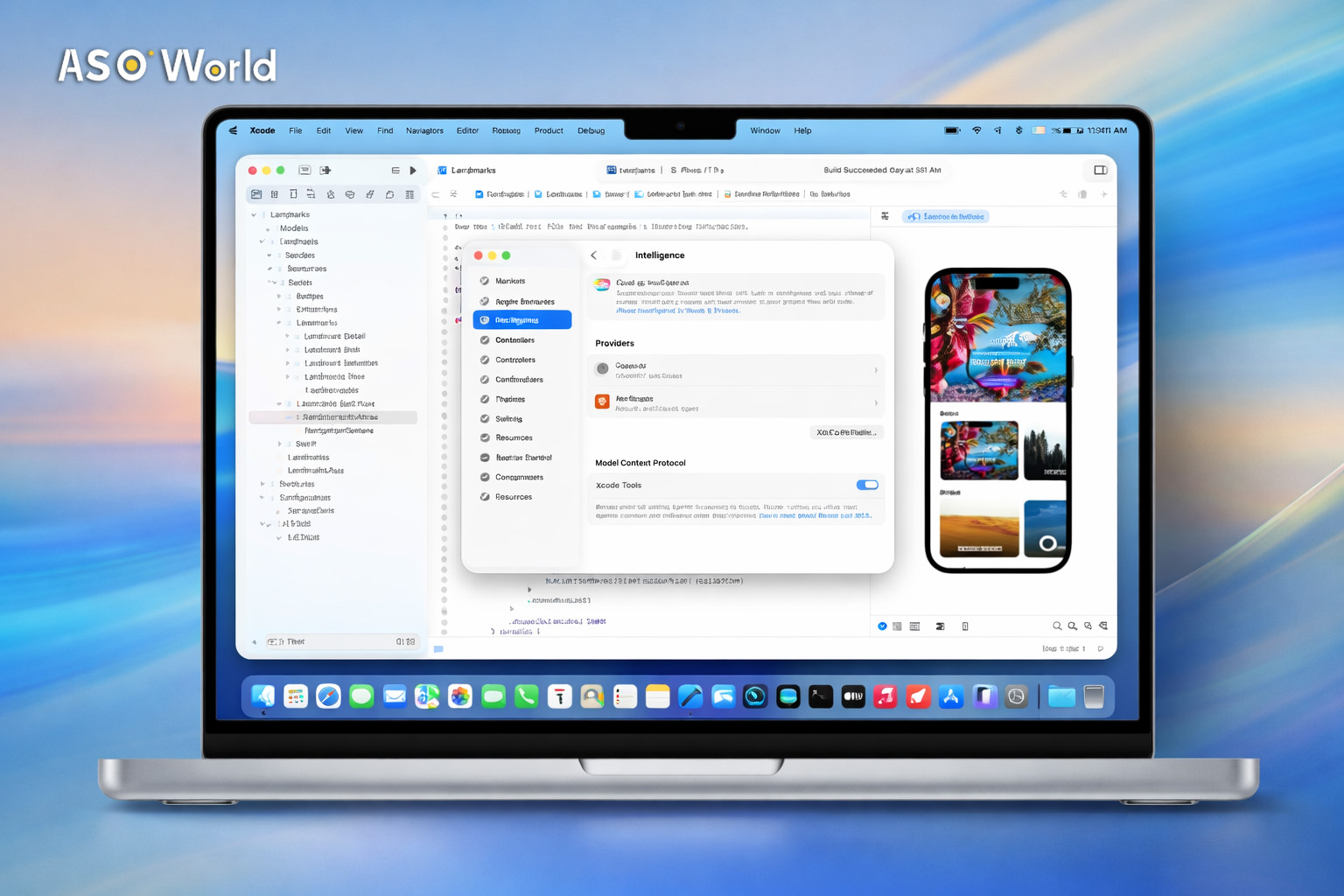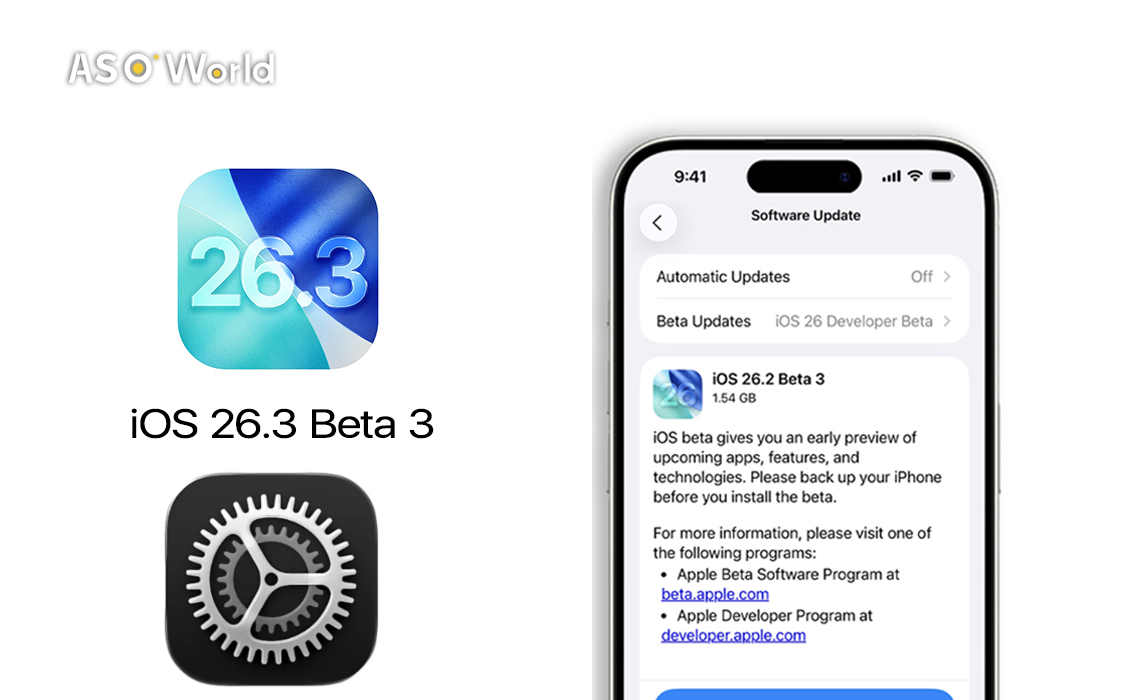Apple has taken a significant step in enhancing its coding environment by incorporating Anthropic's Claude AI into the latest Xcode beta, offering developers more options for AI-assisted programming.
Discovery in Beta Release
The integration was uncovered in Xcode 26 beta 7, released around August 18, 2025. Code strings reference Claude Sonnet 4.0 and Claude Opus 4, part of Anthropic's lineup known for strong performance in coding tasks.
This builds on earlier hints in beta 1, with beta 7 providing clearer signs of native support.
Timeline of Developments
Swift Assist, Apple's AI coding companion, was first announced at WWDC 2024.
By 2025, it expanded to include ChatGPT from OpenAI. Now, Claude joins as an alternative, allowing seamless login without API keys.
Key Features & Enhancements
Claude's models excel in code generation, debugging, and suggestions, particularly for Swift and Objective-C workflows.
This native integration simplifies access, enabling developers to switch between Apple's models, ChatGPT, and Claude for tasks like bug fixes and optimizations.
Comparison to Existing Tools
Unlike manual API setups in prior betas, this setup rivals tools like GitHub Copilot.
Claude is favored for accuracy in complex scenarios, complementing ChatGPT's capabilities.
Implications for Developers & Ecosystem
This move provides developers with greater choice, potentially speeding up app creation and reducing reliance on single AI providers.
It addresses limitations in Apple's in-house models, which were reportedly abandoned.
Industry and Business Impact
Anthropic gains broader reach through embedding in Xcode, while Apple diversifies its AI strategy amid competition from AI-native IDEs.
Internal use of Claude at Apple influenced the decision.

Editor's Comments
This integration marks a pragmatic evolution for Apple, acknowledging the rapid advancements in AI from specialized firms like Anthropic.
Claude's reliability in coding, backed by its focus on safety and alignment, could set a benchmark for developer tools.
Historically, Apple's ecosystem has thrived on control, but embracing external AI reflects broader industry trends toward collaboration, as seen in partnerships with OpenAI.
Looking ahead, expect further expansions, possibly including more models, which may accelerate innovation in app development while raising questions on data privacy in AI-assisted coding.
FAQs
What is Claude AI's role in Xcode 26 beta?
Claude provides AI assistance for code generation and debugging in Swift Assist, offering an alternative to ChatGPT.
When was the integration discovered?
It was found in Xcode 26 beta 7, released around August 18, 2025, with references to Claude models.
How does this benefit developers?
Developers gain more AI options, improving efficiency in Swift coding and reducing dependency on one provider, as discussed on X.
Is Claude already usable in the beta?
Not fully functional yet; it's preparatory code, with full rollout expected in Xcode 26 later in 2025.
Why did Apple choose Claude?
Apple uses Claude internally and abandoned in-house models, favoring its accuracy for complex tasks, per community insights on Reddit.
What are the differences between Claude Sonnet and Opus?
Sonnet balances performance for coding, while Opus handles high-complexity reasoning, ideal for advanced Swift workflows.
Will this affect app development speed?
Yes, by enabling faster prototyping and fixes, as highlighted in X threads comparing it to tools like Cursor.
Are there privacy concerns?
Integrating third-party AI raises data questions, though Apple emphasizes secure logins, echoed in online discussions.
How does this compare to GitHub Copilot?
Claude in Xcode offers similar features but tailored to Apple's ecosystem, potentially outperforming in Swift-specific tasks per user feedback on X.
What future updates might include?
Possible support for local models or more AI providers, based on beta trends and community predictions on Reddit.




